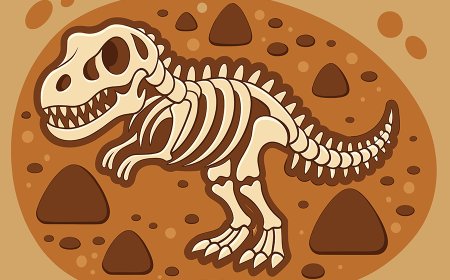Understanding Units of Measurement for Students
Learn what units of measurement are why they are important and how they are used in science to measure length mass volume temperature and time
🌟 Introduction
Imagine trying to bake cookies without knowing how much flour to use or building a bridge without knowing the exact length of its parts. Units of measurement are the universal language scientists, engineers, and everyday people use to describe and compare things accurately.
Without standard units, measurements could be confusing and unreliable. A "cup" of flour might mean something different to two people, but 200 grams means exactly the same thing anywhere in the world. In science, precise measurement is essential for experiments, calculations, and communication.
🔍 What are Units of Measurement?
Units of measurement are agreed-upon amounts used to express quantities like length, mass, time, volume, and temperature. They make it possible for people everywhere to understand and compare measurements.
Most scientists use the International System of Units (SI), which is based on the metric system. The metric system uses prefixes like kilo-, centi-, and milli- to make conversions simple.
Common SI base units include:
-
Meter (m) - for length
-
Kilogram (kg) - for mass
-
Second (s) - for time
-
Kelvin (K) - for temperature
-
Mole (mol) - for amount of substance
💡 Why are Units of Measurement Important?
-
Ensure accuracy - Experiments and designs rely on exact measurements
-
Allow comparison - Scientists worldwide can compare results
-
Prevent mistakes - Using the wrong unit can cause serious errors (for example, NASA once lost a spacecraft because of a unit conversion mix-up)
-
Improve communication - Standard units make it easier to share information globally
-
Support everyday life - From cooking to sports, measurement keeps activities consistent
🧪 Examples of Units in Action
-
Measuring rainfall in millimeters
-
Recording a runner's speed in meters per second
-
Weighing fruit in kilograms at the grocery store
-
Timing a race in seconds
-
Measuring temperature in degrees Celsius or Kelvin in a science lab
✨ Fun Facts
-
The metric system is used in nearly every country in the world except the United States, Myanmar, and Liberia
-
A meter was originally defined by the distance from the equator to the North Pole, divided by ten million
-
The smallest unit of time ever measured is the zeptosecond, which is a trillionth of a billionth of a second
📌 Key Takeaways
-
Units of measurement are standard amounts used to express quantities
-
The International System of Units (SI) is used in science worldwide
-
Standard units make communication and comparison possible
-
Accurate measurement is critical for science, technology, and daily life
🐾 Kid-Friendly Summary
Units of measurement are like a common language for describing size, weight, temperature, and time. They help everyone measure things the same way so we can share information without confusion.
📚 Vocabulary Words
-
Unit of Measurement - A standard amount used to measure something
-
SI Units - The International System of Units used in science
-
Metric System - A system of measurement based on powers of ten
-
Length - The distance from one point to another
-
Mass - The amount of matter in an object
-
Volume - The amount of space an object or substance takes up
-
Temperature - A measure of how hot or cold something is
-
Time - The ongoing sequence of events measured in seconds, minutes, and hours
-
Conversion - Changing from one unit to another
🧠 Interactive Quiz
Choose the best answer for each question.
-
Which system of units is used worldwide in science?
- A. Imperial system
- B. Metric system
- C. Customary system
- D. Ancient Roman units
-
What is the SI unit for length?
- A. Inch
- B. Meter
- C. Foot
- D. Yard
-
Why are standard units important?
- A. They look nice on charts
- B. They make measurements more complicated
- C. They ensure accuracy and easy comparison
- D. They are only for scientists
-
Which of these measures mass?
- A. Kilogram
- B. Liter
- C. Meter
- D. Second
-
What is a conversion?
- A. Changing from one unit to another
- B. Inventing a new unit
- C. Guessing a measurement
- D. Ignoring the units





















































